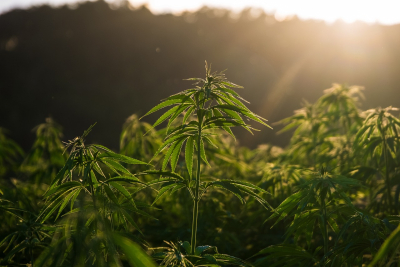Access and authorization issues
The federal government's medical cannabis program, initiated over two decades ago, has faced criticism for its cumbersome process and the reluctance of doctors to authorize medical cannabis. Patients hoped that the legalization of recreational cannabis in 2018 would alleviate some of these hurdles, including the stigma, bureaucratic red tape, and high costs associated with medical cannabis. Unfortunately, this has not been the universal outcome. At Santé Cannabis in Montreal, patients suffering from chronic pain, anxiety, and sleep disorders still encounter significant delays and complications in receiving their medical cannabis orders. Erin Prosk, president and co - founder of the clinic, emphasizes the inefficiency of mail deliveries for medical cannabis and advocates for pharmacy distributions, which would allow for direct patient - pharmacist interactions regarding dosage and usage.
Stigma and workplace challenges
Despite legalization, stigma around cannabis use remains prevalent, particularly in the workplace. A young Halifax resident, Ashar, recounts his experiences of misconceptions and discrimination at work due to his medical cannabis usage, aimed at managing symptoms of a learning disability. His story highlights the need for better recognition and protection for medical cannabis users in professional environments.
Declining authorizations and the role of physicians
The Canadian Medical Association expresses concerns over the pressure on physicians to act as gatekeepers for medical cannabis access. This is amid a noticeable decline in medical cannabis authorizations, with numbers dropping significantly from 2019 to 2023. Dr. Mary - Ann Fitzcharles, a specialist in rheumatology and pain medicine, attributes this decline to issues such as lack of proven effectiveness, high costs, and potential side effects of medical cannabis.
Towards a regular drug stream
An expert panel reviewing the Cannabis Act proposed several recommendations to integrate medical cannabis more seamlessly into conventional medical care. These include the inclusion of medical cannabis products in the standard drug approval pathways, removal of excise tax on medical cannabis, and the sale of cannabis products in pharmacies to medically authorized users. Such measures aim to address the current barriers to access and acceptance of medical cannabis.
The journey towards fully integrating medical cannabis into Canada's healthcare system is fraught with obstacles, from regulatory challenges to societal stigma. While the legalization of recreational cannabis marked a significant milestone, the medical cannabis community continues to struggle for recognition, access, and affordability. The federal government's recent initiatives and recommendations from various health experts suggest a move towards a more inclusive and evidence - based approach to medical cannabis.
Source: cbc.ca


 The global plastic waste crisis Plastic waste has become one of the most pressing environmental challenges of our time. With
The global plastic waste crisis Plastic waste has become one of the most pressing environmental challenges of our time. With In a groundbreaking legal move, four Ontario school boards have initiated lawsuits against major social media companies, Meta Platforms Inc.,
In a groundbreaking legal move, four Ontario school boards have initiated lawsuits against major social media companies, Meta Platforms Inc., In the past five years since the legalization of cannabis in Canada, expectations were high for improved access for medical
In the past five years since the legalization of cannabis in Canada, expectations were high for improved access for medical

